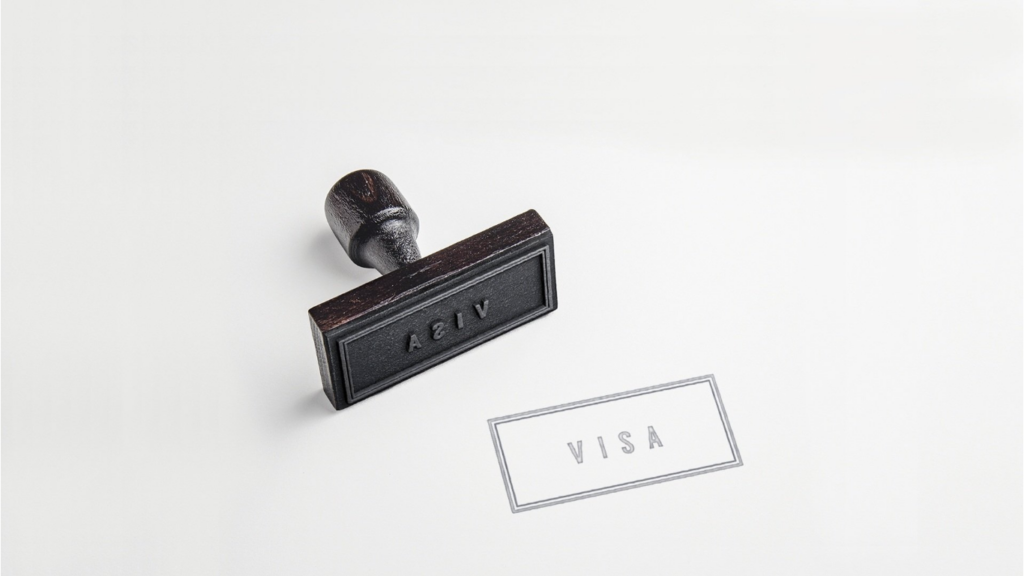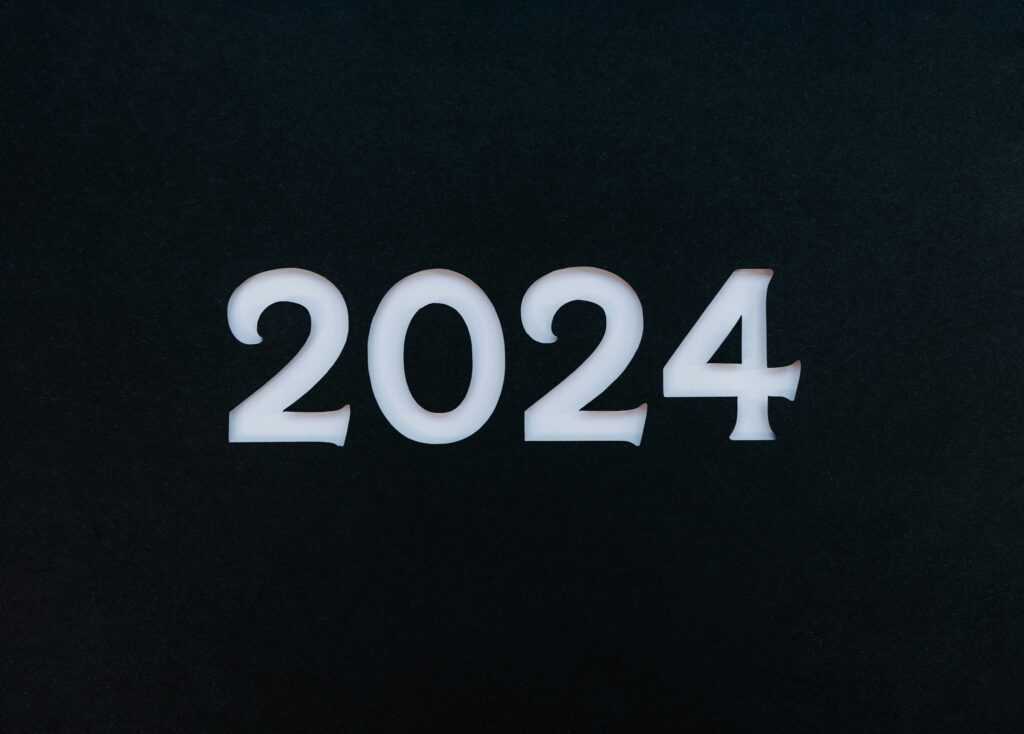Overview of New Visa Requirements
Authorities have introduced significant changes in visa policies worldwide. These new requirements primarily affect tourists, students, and business travelers. Many countries now mandate digital visa applications to streamline processing. For instance, the European Union launched the ETIAS system in 2023 for travelers from visa-exempt countries.
Visa durations have seen adjustments to control tourist inflows. Thailand reduced its tourist visa duration from 60 days to 45 days. Similarly, some countries now require proof of vaccination or negative COVID-19 test results.
For student visas, stricter financial proof is necessary. The UK and Australia increased the required funds to ensure students can support themselves during their stay. Additionally, more interviews are being conducted to verify genuine student intentions.
Business travelers must navigate new regulations concerning work permits and short-term business visas. The US introduced revised parameters for H-1B visas, impacting many applicants. China also adjusted its business visa requirements to include updated invitation letter formats.
Understanding these updates is vital for smooth international travel.
Changes by Region
Visa requirements differ across regions, and recent updates reflect these variations. Below, I provide detailed information on changes by region, focusing on North America, Europe, and Asia.
North America
Travelers to the US and Canada face updated visa procedures. For instance, the US introduced an online system for H-1B visa applications, streamlining the process. Canada now requires biometric data for visa applicants, enhancing security measures. Both countries mandate online COVID-19 proof, like vaccination records, before entry.
Europe
European countries have introduced several visa changes. The Schengen Area now offers an electronic visa waiver for selected non-EU travelers. The UK enforced stricter financial requirements for student visas, ensuring applicants have sufficient funds. Many nations in Europe now demand proof of vaccination or negative test results for entry, reflecting public health priorities.
Asia
Asian visa policies have also seen significant updates. China requires detailed invitation letters for business visas, including specific trip purposes. Japan introduced electronic visa applications to improve efficiency, while India resumed e-tourist visas post-pandemic but requires COVID-19 vaccination proof. These measures show Asia’s focus on balancing accessibility with health safety.
Impact on Travelers
Visa requirement changes have significant implications for international travelers. These changes affect business travelers, tourists, and students differently, making it essential to stay informed.
Business Travelers
Business travelers face stricter regulations now. The US has revised H-1B visa parameters, focusing on specialty occupations and requiring more documentation. China has updated its invitation letter format, necessitating more detail about the nature and duration of the visit. Other countries like the UK and Canada have also made it mandatory to provide extensive proof of employment and financial means. For example, Canada requires biometric data and detailed work permit applications, while the UK has imposed stricter financial requirements for visa endorsements.
Tourists
Tourists see new protocols too. Many countries now mandate proof of vaccination or a negative COVID-19 test for entry. The Schengen Area offers an electronic visa waiver but still requires travelers to adhere to health safety measures. Asian countries, including Japan and India, have introduced digital visa applications to streamline the process but also require travelers to meet specific health and financial criteria. For instance, Japan requires an electronic travel authorization for short-term visits, while India mandates a detailed itinerary and proof of adequate funds for the stay.
How to Prepare for the New Requirements

With the changes in visa rules, it’s essential to know how to get ready. Preparation will simplify the process and avoid delays.
Documentation Needed
Gathering documentation ensures a smooth application. A passport valid for at least six months is necessary. In many cases, applicants need proof of accommodation, financial stability, and travel insurance.
- Passport: Required to be valid for at least six months.
- Proof of Accommodation: Hotel bookings or invitation letters detailing the place of stay.
- Financial Stability: Bank statements showcasing sufficient funds for the trip duration.
- Travel Insurance: Coverage for medical emergencies and trip disruptions.
Application Process
Understanding and following the application process reduces the risk of errors. Many countries have moved to digital platforms, making it easier to submit forms online.
- Digital Applications: Required for countries like Japan and India, ensuring faster processing.
- Biometric Data: Some countries may demand fingerprints and photos at visa centers.
- Interview Appointments: Essential for US and UK visas, scheduled after form submission.
- Payment of Fees: Necessary to complete the application via credit card or other accepted methods.
Awareness of these steps helps in meeting all new visa requirements efficiently.
Tips for a Smooth Visa Application
Double-check Requirements
Ensure all required documents are in order. Documents include a valid passport, recent photographs, and a completed visa application form. Each country might have unique requirements like proof of vaccination, financial stability, or a travel itinerary. Reviewing the embassy or consulate’s official website offers the most accurate information.
Organize Documents
Keep documents organized to streamline the application process. Use folders or digital tools to categorize items like identification, financial records, and hotel reservations. Having everything in one place reduces the chances of missing crucial paperwork and eases submission.
Verify Application Details
Accuracy ensures your application isn’t delayed or rejected. Double-check all form fields, names, dates, and supporting documents. Verify information matches official records. Errors can lead to costly delays.
Schedule Appointments Early
Book appointments, including interviews and biometric data submissions, as soon as possible. Consulates and embassies may have limited slots. Early scheduling helps avoid last-minute rushes and ensures timely submission.
Track the Application Status
Monitor the status of your application online. Many consulates offer tracking systems that update the processing stage. Keeping track of progress helps you anticipate any additional requirements or notices.
Prepare for Interviews
For countries requiring visa interviews, practice common questions. Questions often relate to travel purpose, financial stability, and previous travel history. Clear and confident answers indicate preparedness and compliance with visa requirements.
Submit Accurate Biometric Data
Provide accurate biometric data like fingerprints and photographs. Many countries now require biometric information as part of the application process. Arrive at appointment centers early and follow instructions to avoid errors.
Plan for Extra Time
Processing times vary, so plan for extra time. Submit your application well before your intended travel date. Factoring in potential delays mitigates stress and ensures you receive your visa in time.





